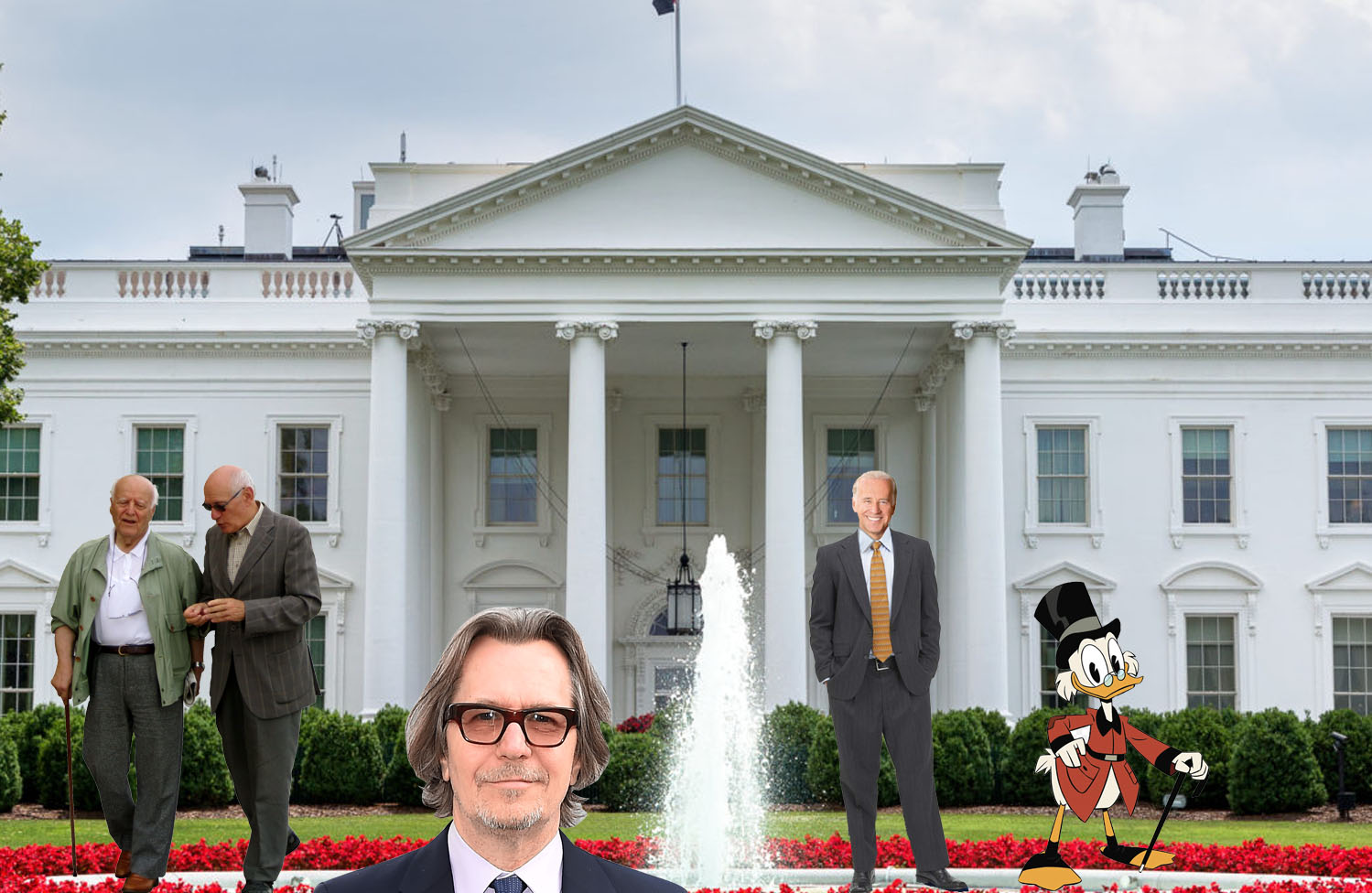We have a political issue that no one wants to talk about: aging politicians running for president. Let me be absolutely clear, I am not saying that we should set age-limits for who can and cannot run for office, nor am I suggesting that elderly men and women are any less-effective when in positions of political power. I am merely saying that this is something we need to pay attention to and bring into the conversation.
Among the front runners for the Democratic and Republican nominations in the upcoming 2020 election, two candidates are above the age of seventy-five. Former vice president Joe Biden (76) and Sen. Bernie Sanders (77) represent a generation very invested in the future of our nation despite the upsetting reality that they may not live long enough to see it come to fruition.
Though I have made my opinion clear, the question still remains whether politicians in their late-seventies have what it takes both physically and mentally to effectively lead the United States. It doesn’t take a genius to know that when someone surpasses the age of seventy, life naturally starts to slow down compared to when one was a spritely thirty-five. What would happen to the fate of our nation if our president needed to take a mid-day nap or run to the store to grab their medication?
According to a recent study conducted by the National Institute of Health, abilities “such as conceptual reasoning, memory, and processing speed, decline gradually over time.” Per the data from the study, somewhere between 16 percent and 23 percent of Americans over 65 experience some level of cognitive impairment. In a separate study from the Mayo Clinic, research demonstrated that “concept formation, abstraction, and mental flexibility decline with age, especially after age 70, as older adults tend to think more concretely than younger adults.”
As these findings relate to our current septuagenarian presidential candidates, Joe Biden has unfortunately been in the media spotlight over the course of the last few weeks for his physical interactions with two women at campaign rallies in the past. On two separate occasions, Biden was accused of making women feel physically uncomfortable. In one instance, he kissed Lucy Flores, a former Nevada assemblywoman and 2014 lieutenant governor candidate, on the forehead.
When asked why he did this, Biden explained that, at the time, he was acting in a grandfatherly way and meant nothing by it. Having said that, he went onto explain that “social norms have begun to change. They’ve shifted. And the boundaries of protecting personal space have been reset. And I get it. I get it…”
“Neither then, nor in the years since, did he (Biden) or the staff at the time have any inkling that Ms. Flores had been at any time uncomfortable nor do they recall what she describes.”
–Bill Russo, spokesperson for Joe Biden
But what if Biden doesn’t actually understand, at least from a cognitive standpoint? Perhaps he’s passed the point of understanding that which defers from what he’s always known. Could Biden be the old dog that cannot learn a new trick?
In fairness to Biden and other elderly candidates, the entire topic of age in politics is a sensitive one. According to the Age Discrimination and Employment Act, an employer cannot avoid hiring someone purely on the basis of their age. Having said that, several political analysts have said that we should be able to talk about age without being accused of ageism or being politically incorrect. I don’t believe we should be discriminatory in any sense when speaking to the abilities of our next president. If Hillary Clinton had secured the 2016 election, she would’ve been the second-oldest person ever elected to the presidency.
So long as someone is over the age of thirty-five, they are qualified to run for president, but will they be any less effective if we add forty-years onto their life? This all remains to be seen.





